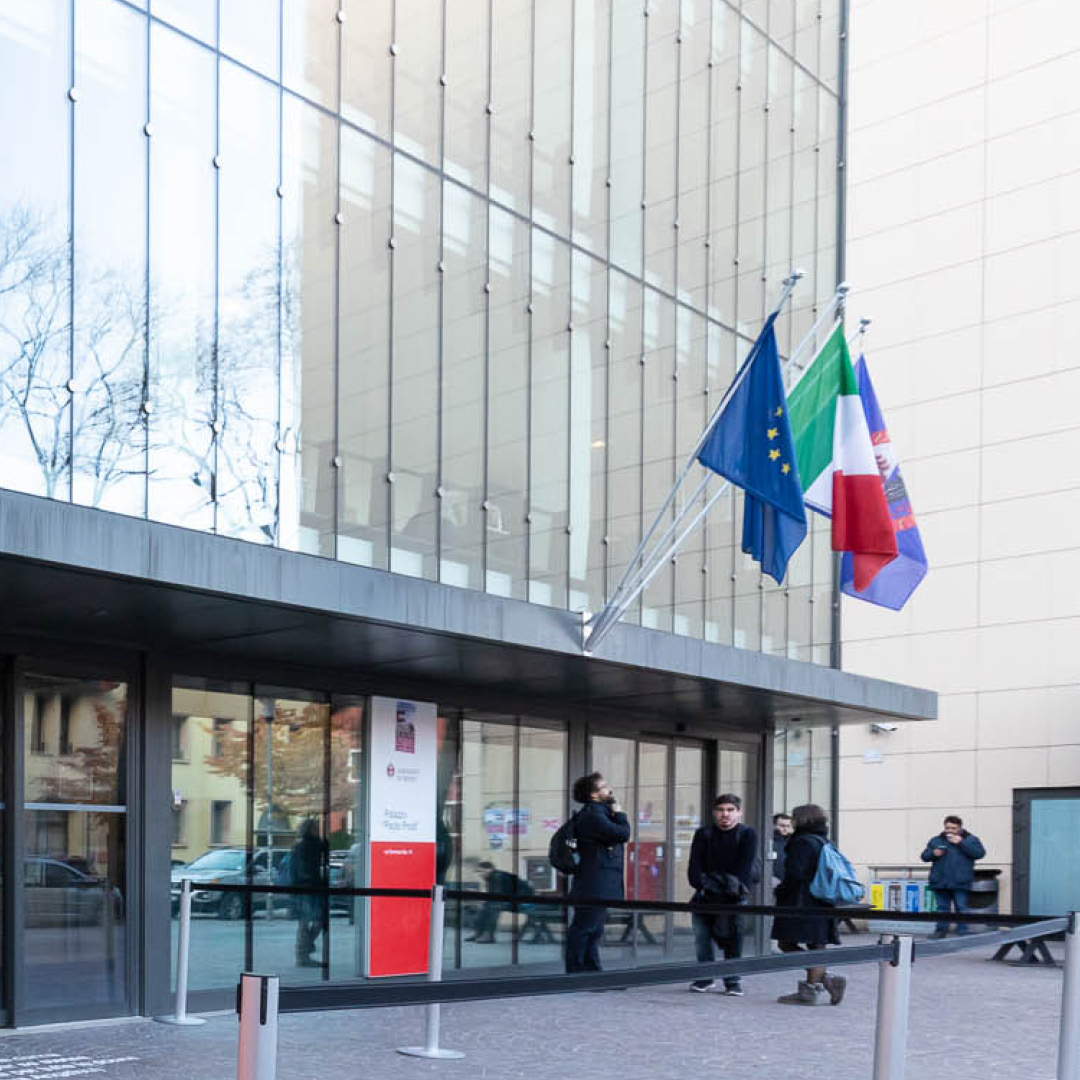
Energy Dependence: Influence and Power in International Politics

Abstract
We begin with a case study of the 1973 Oil Shock, examining its profound influence on global energy strategies and geopolitical relations.
Following this, we delve into the "energy weapon" theory, analyzing the conditions under which energy resources can be used as a political tool, and the typical outcomes of such strategies.
Finally, we turn to the 2022 Energy Crisis in Europe, discussing how market liberalization and integration fostered resilience in the face of unprecedented supply disruptions.
Speaker
Filip Černoch & Jan Osička - MUNI Masaryck University
Bio
Filip Černoch is the coordinator of energy policy research at Masaryk University. His research focuses on energy transitions, particularly the phase-out of coal, energy security, and environmental aspects of energy policy. He has published on topics related to European energy politics, including coal dependence and governance in the EU. Filip is also involved in examining the impacts of energy market liberalization and integration, with a focus on Germany and Central Europe.
Jan Osička is the program director at Masaryk University's Energy Policy Studies. He focuses on energy supply chains, energy transitions, energy markets, and the politics of energy infrastructure. His courses include topics such as oil and gas markets, renewable energy build-up, or the energy transition. He was involved in research projects on, e.g., local acceptance of energy infrastructure, national capacity for adoption of new energy technologies, or the opportunities for sector coupling in Europe."